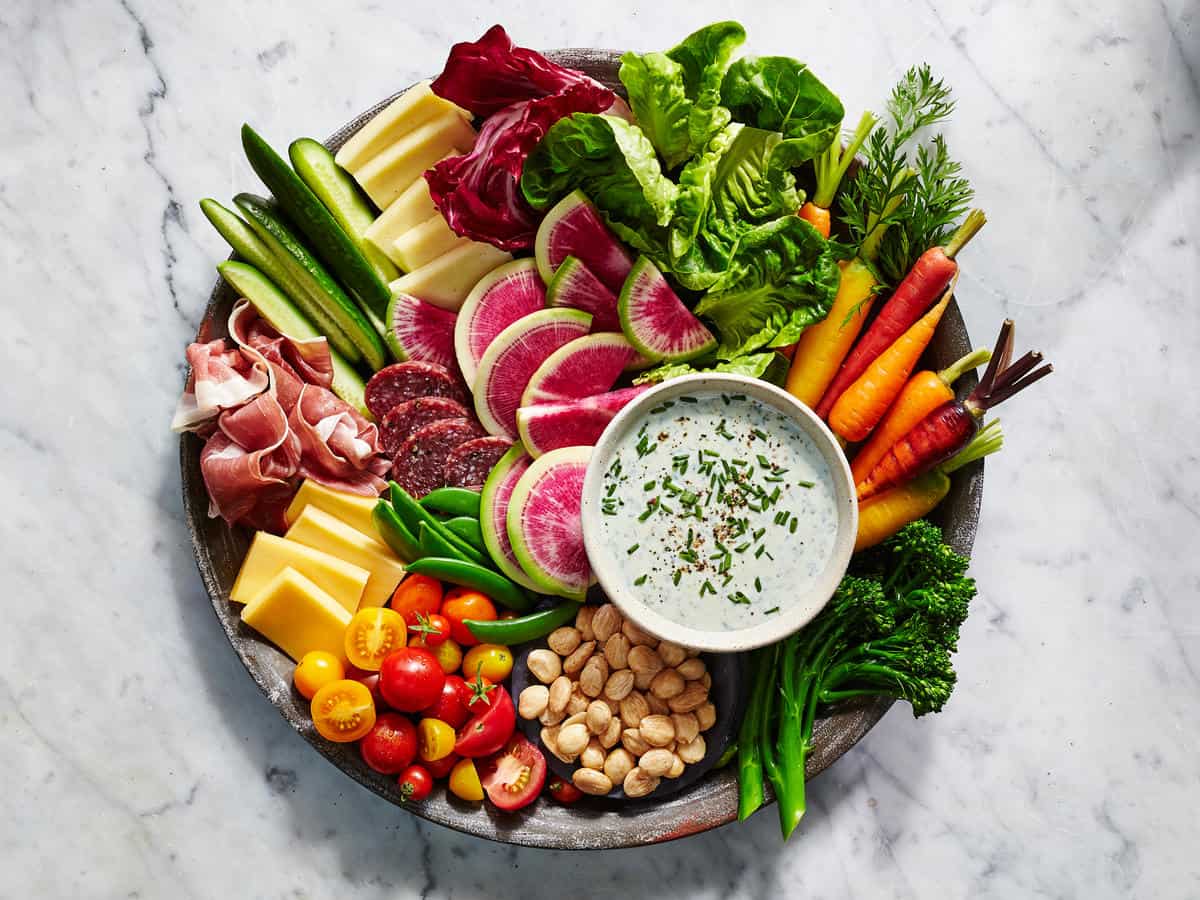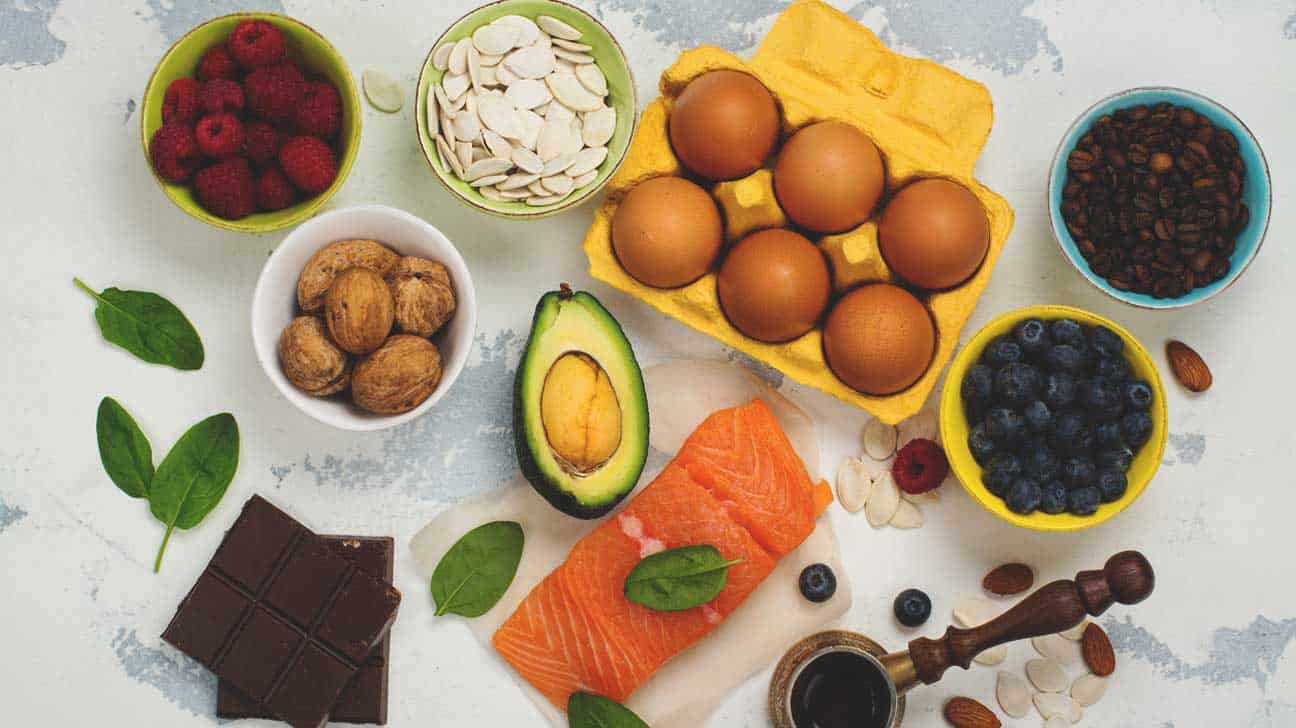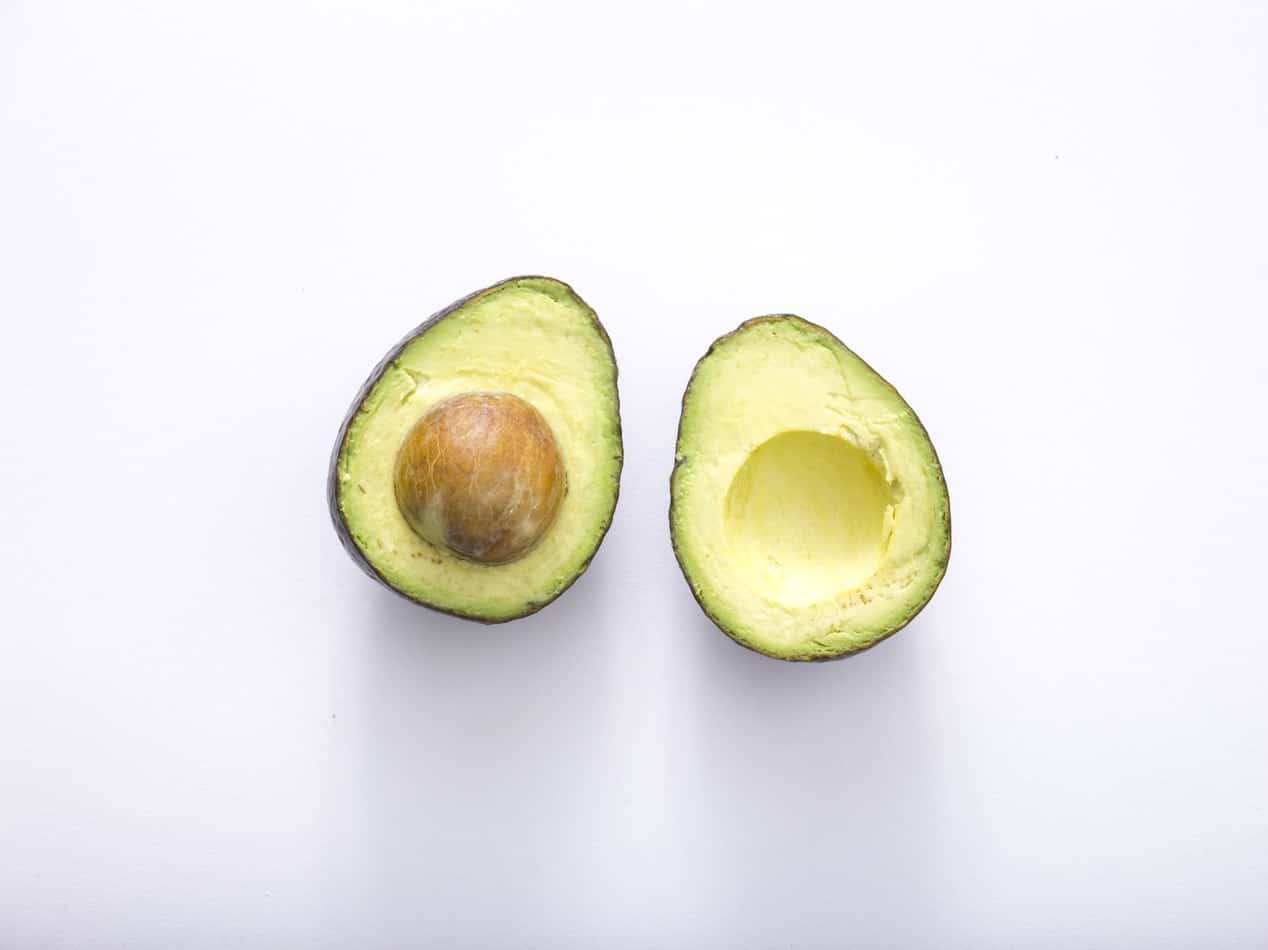Both Keto diet and Mediterranean eating plan are popular with those who want to lose weight, stay healthy, and change their lifestyle. Two popular diets that are worth comparing are the Keto v Mediterranean Diet.
Topic Contents
Understanding the Keto v Mediterranean Diet
I have reviewed both these eating systems so that you can see their similarities and differences a lot easier without spending a lot of time surfing the web. Without further ado, let’s get into what makes each one special.
A. Mediterranean Diet Overview
The Mediterranean diet works as a weight-loss solution while giving you the opportunity to enjoy delicious foods. There are several different approaches to this type of diet but they all have certain aspects in common. For example, you will focus on eating plenty of veggies, fruits, virgin olive oil, nuts, fish, beans, etc. Moreover, you are allowed to sip your way towards relaxation with an occasional glass of red wine.
What Is the Mediterranean Diet?
This diet is a healthy and balanced way of eating that offers a lot of benefits such as improving one’s health. It is said to copy the habits of Greek, Italian, and Spanish people and what these individuals used to eat back in the 1950’s.
During this eating program, you must eliminate harmful products that are full of chemicals and artificial flavorings and rely on natural and unprocessed whole foods. So, if you love seafood, this diet might be the ideal one for you.
Foods You Are Allowed to Eat
1. Protein
You will get your protein content from salmon, sardines, and other fatty fish options. Also, you can eat a lot of seafood like shellfish and shrimps (these are my favorites – YUMMY!). To achieve a wide variety of nutrients, I recommend you include skinless poultry in your diet. There’s even the possibility to consume veal, lean beef, and even lamb, but you should limit red meat consumption to only a couple of times per month.
2. Oils and Healthy Fats
All raw natural oils, as well as healthy fats, are accepted in this diet: canola oil, olive oil, and olives, nuts and seeds, etc. Up to approximately 30% of your daily calories you intake should come from fatty products. Here is a list of the best fats you can eat while on Keto.
3. Fruits and Veggies
There’s a long list of things you can eat when it comes to fruits and low-carb vegetables: tomatoes, kale, carrots, spinach, cucumbers, bananas, grapes, oranges, strawberries, and many others. Just make sure to combine as many colors as possible because each color comes with different vitamins and minerals. Also, beware because there are some sneaky fruits and vegetables you should totally avoid.
4. Dairy Products
Mediterranean dieters can easily enjoy certain dairy products such as cheese and yogurt. If you want to lose a lot of weight, you should definitely choose low-fat diets alternatives. On the other hand, if you also follow a vegan eating program, you can replace dairy products with soy substitutes.
Other Foods You Can Eat
- Legumes: peas, beans, peanuts, lentils, etc.;
- Whole grains: whole oats, whole wheat, etc.;
- Eggs;
- Tubers: potatoes, yams, etc.;
- Herbs and spices: garlic, sage, basil, rosemary, cinnamon, and others;
- Red wine: you can use it to cook your recipes or simply drink one glass of wine during dinner.
Main Principles
- Eat as many fruits and vegetables as possible along with beans, whole grain cereals, and peas;
- Lower your red meat consumption. Replace it with skinless poultry and fatty fish;
- Eat low-fat cheeses and yogurts but in a moderate amount;
- Replace butter and other animal fats with olive oil, preferably the mono-unsaturated type;
- Eliminate fast food, ready-to-eat meals, and other highly-processed products because they are full of sodium and saturated fat;
- Consume nuts and dried fruits instead of regular snacks (here is a list of the best keto snacks you should include in your diet)
- Don’t add too much salt when you cook your food;
- Avoid diet sodas, sugary beverages, and other unhealthy drinks. Drink water instead;
- You’re allowed to enjoy an occasional glass of red wine during your meals. Still, limit alcohol consumption.
Health Benefits
The Mediterranean diet plan provides plenty of health benefits:
- Lowers cholesterol – eating whole grains instead of regular ones reduces the bad (low-density lipoprotein) LDL cholesterol level which further leads to a healthy heart; other foods like lentils and beans contain vitamins that support a healthier heart.
- Reduces the risk of cancer, heart conditions, and bowel issues – because you must boost the fruit and veggie intake, you will consume a lot more fiber which improves your organs’ functions.
- Lowers the risk of diabetes – this happens because healthy snacks that contain seeds and nuts are filled with fibers, minerals, proteins, and vitamins. When consumed in moderate amounts, these compounds lower the risk of diabetes.
- Builds lean muscle mass and helps you lose weight – eating plenty of lean white meat will help you lose weight a lot quicker while also achieving a stronger body due to the high-quality proteins found in white fish and chicken.
How Much Does It Cost?
Usually, a healthy diet costs more than eating a bunch of processed foods but this is a compromise you must be ready to make if you want to change your lifestyle.
According to nutrition specialists, the average American diet costs around $10 per day while the Mediterranean program reaches up to $16 per day. These numbers were calculated based on a 2000-calorie daily diet per person. So, you will not save as much as you used to but if you think that the main health conditions in the US that lead to death are cancer, strokes, and heart issues, you might become motivated to eliminate harmful foods from your eating habits.
Possible Side Effects
There aren’t a lot of risks when it comes to the Mediterranean diet because it is comprised of healthy foods eaten in moderation so it is all about balance. On the other hand, if you want to lose weight and stay fit, consuming certain foods will not do the trick unless you combine them with an overall healthy lifestyle that includes regular physical activity and other social aspects.
Mediterranean Diet – Level of Difficulty
It is relatively easy to adhere to this diet for long-term weight loss. It is tested and approved by nutritionists all over the globe and it has successfully passed the test of time. It is not that hard to follow because all you need to do is eating plenty of non-starchy vegetables, fruits, lean meat, fish, nuts, whole grains, and beans and eliminate or reduce the consumption of processed foods.
B. Keto Diet Overview
The Ketogenic diet has become extremely popular diets among people who want to lose weight and eat plenty of delicious food. This diet is high in fat and low in carbohydrates. When you eat high-fat foods and almost eliminate net carbs you force your body to go through a certain process that makes it burn more fat stored in the organism.
Some people say that this eating program is derived from the popular Atkins diet which was first launched in the 1980s and it was perceived as a revolutionary weight-loss tool.
What Is the Keto Diet?
As I mentioned above, the Ketogenic diet focuses mainly on high-fat diet products and low-carbohydrate diet foods. Don’t worry because we didn’t forget about protein intake. Keto dieters are allowed to eat protein but in a moderate amount. A very surprising fact about this diet is its initial purpose. It was first created to lower seizures in children who suffer from epilepsy. Later on, other health benefits of the keto system were discovered.
The entire secret behind it is the ketosis which is a metabolic process during which one’s body consumes all its carbohydrates stores and starts burning fat to continue fueling the organism. This is a preventive diet that can fight many chronic diseases.
Foods You Are Allowed to Eat
Keto dieters can safely consume the following types of food groups, which marks one of the major differences between the Keto v Mediterranean diet.
- Healthy fats: avocado, fatty fish which contains Omega-3, seafood, chicken fat, butter, coconut oil, and others;
- Both wild and grass-fed animal products: lamb, beef, pork, fish, poultry, eggs, organ meats;
- Condiments and beverages: still water, black coffee, herbal or black tea, mustard, pickles, lemon juice, whey protein, etc.
Other foods must be consumed occasionally:
- Full-fat dairy products: cheese, yogurt, sour cream, etc.;
- Mushroom, certain veggies, and fruits: cabbage, broccoli, fennel, eggplant, onion, garlic, bean sprouts, berries, olives, rhubarb, and coconut;
- Fermented soy products: black soybeans, edamame;
- Seeds and nuts: pecans, walnuts, macadamia nuts, almonds, pumpkin seeds, hemp seeds, brazil nuts;
- Foods that contains a medium amount of carbs: carrots, sweet potatoes, pistachio, chestnuts, watermelon, peaches, oranges, pears, cherries, and more;
- Condiments: stevia, xanthan gum, cocoa powder, sugar-free ketchup, etc.
Main Principles
- Avoid any high-processed foods such as sausages, sugary products, hot dogs, starchy sauces, etc.;
- Eliminate products that are rich in carbs: all types of grains, fish that contains a high amount of mercury, factory-farmed pork, artificial flavorings and sweeteners, refined oils, milk, tropical fruits, and soy products;
- Replace unhealthy or sugary snacks with healthy alternatives like cheese, nuts, seeds, hard-boiled eggs, full-fat yogurt, extra dark chocolate, and more;
- There’s no need to count calories because this diet is a low-carb one which acts as an appetite suppressant;
- It is not all about eating less and become slimmer at any cost. It is also about embracing a healthier lifestyle;
- It works best when you reduce the carb intake to only 20-30 grams per day;
- Eat only when you feel hunger, even if that means you will have only one single meal a day;
- Drink at least 2-3 liters of still water per day.
Health Benefits
The low-carb Ketogenic diet eating plan comes with a wide range of health benefits:
- Supports heart health – according to research, fat is not the main factor of cardiovascular disease as long as it comes from healthy sources.
- Maintains a balanced blood sugar level – you can prevent type 2 diabetes and high blood pressure by changing your lifestyle, including your diet. Too many carbs are supposedly linked to body inflammation and insulin resistance.
- Improves cognitive function – our brains use ketones and glucose as its primary fuels. Some dieters have reported better concentration along with improved focus and mental awareness. Keto is also known to prevent degenerative disorders like Alzheimer’s.
- Provides better-looking skin – carbohydrates can increase sebum production which is a main cause of pimples and acne. If you eliminate sugar from your diet, you will also prevent inflammatory skin diseases such as psoriasis and eczema.
- Boosts metabolism – ketosis is known to boost your metabolism by accelerating the fat-burning process to provide fuel for your organism.
- Might prevent cancer – cancerous cells consume glucose to grow. Therefore, a ketogenic eating plan is believed to slow down tumor growth by starving out cancerous cells.
- Restores hormonal balance – ketosis can improve the way insulin functions. So, it might also improve how other hormones work.
How Much Does It Cost?
Thinking that the ketogenic diet is expensive is a common misconception. It is true that a healthier lifestyle might translate into higher expenses but you can also follow this eating plan if you’re on a tight budget. All you have to do is learn certain tricks. This diet costs a lot less compared to other similar programs, including the Mediterranean diet.
If you are a good planner, you will be able to follow the keto eating meal plan with only $5 per day. The secret is to plan ahead when it comes to your grocery list and prepare your own meals instead of buying ready-to-eat ones.
Possible Side Effects
Usually, the standard keto diet is totally safe for healthy individuals. However, it may be the cause of certain side effects that appear in your body’s adapting phase which is also known as the keto flu. This phase will only last a couple of days and it includes the following symptoms:
- Sleep issues;
- Poor energy;
- Increased hunger;
- Nausea;
- Lowered exercise performance;
- Digestive discomfort.
One effective method to minimize these effects is to take mineral supplements like sodium, potassium, and magnesium.
Ketogenic Diet – Level of Difficulty
This is a hard diet to follow because it is very strict and forces your body into ketosis. It is a difficult eating program because it may come with several unpleasant side effects. Luckily, you will get over them in just a few days if you are perseverant enough.
Frequently Asked Questions
Is the Mediterranean diet keto-friendly?
You could say that. The Keto and Mediterranean diets are relatively similar, however, the Mediterranean keto, for example, doesn’t include much red meat, processed meats, and sweets and allows dieters to consume more carbs, whereas Keto is much higher in fat.
Can you drink coffee on the Ketogenic Mediterranean Diet?
Even though water should be your first choice when it comes to beverages, coffee is absolutely acceptable, especially if you like it unsweetened.
Will I lose weight on the Mediterranean diet?
Yes. Not only will you lose weight, but you are also going to enhance your overall health in the long run.
Keto v Mediterranean Diet – Final Thoughts
Main Similarities
Both diets provide plenty of health benefits. They lower cholesterol and may prevent type 2 diabetes. These eating plans allow you to consume raw olive oil which is linked to a reduced risk of heart disease.
Both diets focus on whole, fresh foods like fruits, veggies, and proteins. They also make you avoid chemicals, sugars, processed foods, and additives.
Main Differences
Unlike the keto diet which is a low-carb high-fat eating plan, the Mediterranean diet allows dieters to consume a high amount of carbs such as pasta and whole-grain bread.
The keto diet is much higher in fat than the Mediterranean one. Also, the first one focuses on saturated and unsaturated fats while the second one lets you eat unsaturated fats that come from fish and oils.
Additional Readings:
- The Best Keto Friendly Restaurant Chains (which definitely include your favorite!)
- Common Mistakes to Avoid on the Keto Diet That Will Keep the Weight Loss Coming
- The Best Vitamins to Take on a Ketogenic Diet (list of the best supplements chosen by professionals)
- Whole30 vs Keto – Comparison
- 5 Best Ketogenic Diet Books you must read this year
- Keto Diet vs Vegan Diet
- The Dukan Diet Review
- Dash Diet vs Mayo Clinic Diet
Alt Protein Team is a team of professionals and enthusiasts committed to bringing you the most up-to-date information on alternative protein, health and wellness, workouts, and all things health-related. We’ve reviewed a lot of products and services so you don’t have to guess when you spend your hard-earned money on them. Whether you want to shed some pounds, build lean muscle or bulk, we can help you figure out what you need to do and what you need to have to achieve your goals.












